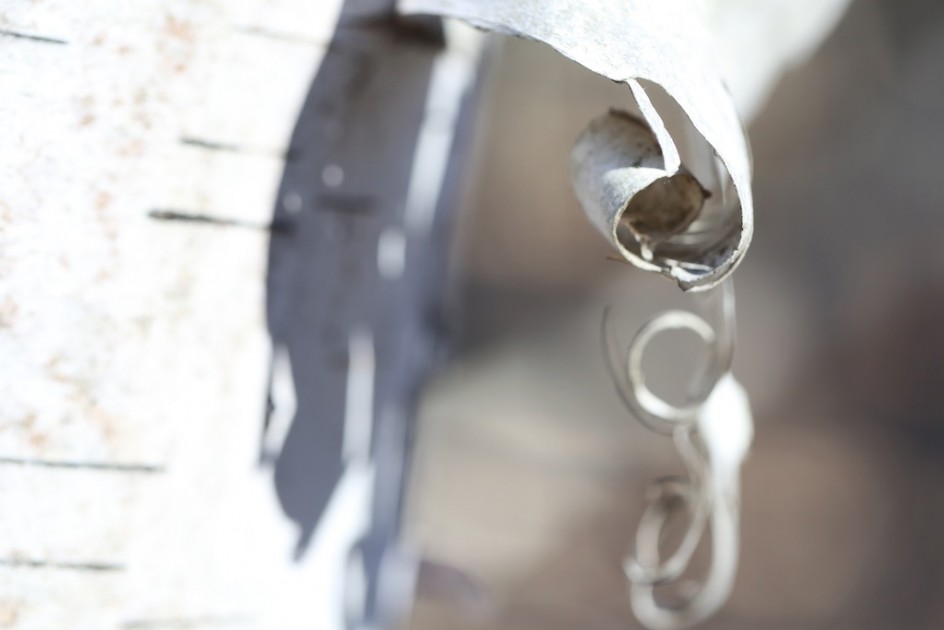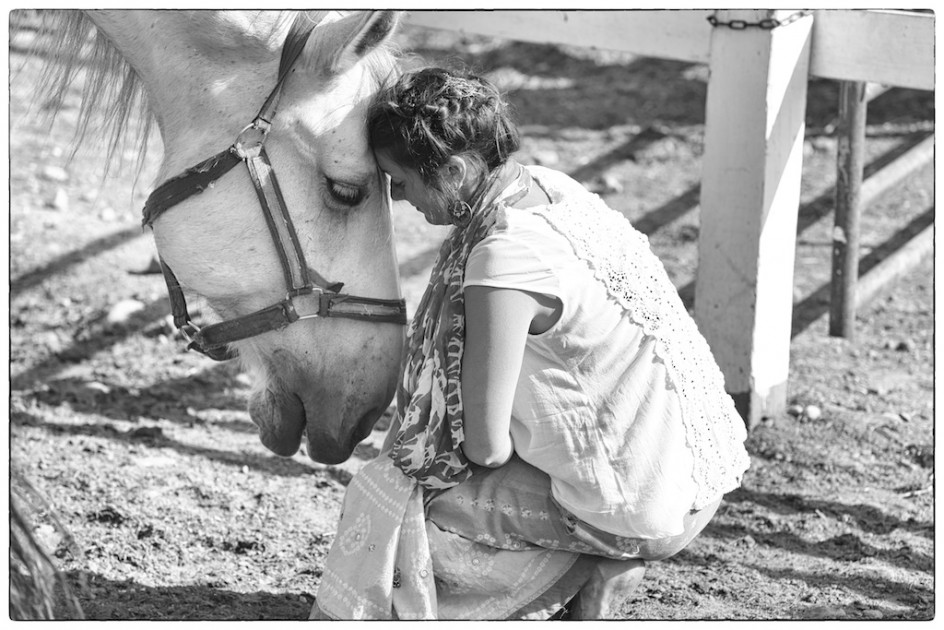
My friend Eve Marko asks an important question on her blog: “Are You A Failure Because You’re Unhappy?” I hope not, because I have been unhappy for much of my life, sometimes deeply and painfully, and I have often felt like a failure because of it.
Eve is writing beautifully about her mother’s somewhat critical insistence that she was unhappy as a child. “As a Zen student,” she writes, “I felt perfectly free to share my ups and downs with my peers. Most of us had gotten into meditation because we needed it, because things had gone South, career and relationships soured, and Zen practice compelled us to finally sit down and look for the answers inside rather than running around looking for them out(side). As I usually say when I talk to others about my own meditation practice, I sat down in 1985 and never got up.”
I imagine almost everyone reading this is unhappy at times, and has perhaps felt like a failure because of it. The culture worships happiness, it is supposed to be the goal and the purpose of life, happiness and security. The Buddhists believe that life is suffering, we never quite get what we want, at least not all of the time, something is always troubling or disappointing or threatening. Almost every form of spiritual practice preaches acceptance: let things be as they are.
You find love, but you lose all your money. You have a great morning, but your computer crashes or your dog dies or you have a fight with someone you thought was your friend. Life moves and stumbles in lurches, almost never in straight lines. You take your morning walk, and end up in the hospital having your heart re-constructed.
I can’t speak for Buddha, but in my life I have come to see happiness in perspective. It is painful, but it has nothing to do with success or failure. Success in life does not come from never being unhappy, it comes from learning how to deal with the inevitable suffering and confusion life brings.
It is the unhappy who seek answers, who so often turn to creativity to understand their struggles. It is the unhappy who turn to meditation, to therapy, to true friends, to change to ease their suffering and work to improve and understand the world and themselves. It is a strange thing to say, but the people I know who always seem to be “happy” also seem to me to be hollow, I rarely connect with them or seek to know them better.
The world is a difficult place, and it is the people who are unhappy with suffering who set out to ease suffering.
It is the unhappy people who are my soulmates, my tribe. And to be unhappy does not mean to be grim. Most successful comedians are neurotic and often miserable, their humor is often born out of suffering, as is so much of my work and my writing.
If I were not unhappy, I would never have known Maria. I would never had moved to a farm. I would never have become a writer. I would never have had a life with dogs and animals. I would never have started my blog. I would never have taken a photograph. I would never left my unhappy life, or had the strength to change. Was I a failure to be unhappy there?
If Maria had not been unhappy she would never have loved me, never fulfilled her dream to be an artist, never stopped going to those family dinners.
At this point in my life, I feel I am the happiest I have ever been or hope to me. I waited a long time for it, as I get older, I see how every good thing in my life, ever bit of love, wisdom, insight and accomplishment, has been born out of my unhappiness, was forged and shaped by it.
Unhappiness unchecked is a sad thing. Unhappiness acknowledged and understood is something else, a window and a door. If we think about it, we learn every day not to let the conventional wisdom of others shape our self-esteem None of us can ever be as happy and secure as we are told every day we ought to be. That is a dark road to travel.
I understand what the Buddhists mean, suffering is an integral part of life, as is loss and death, and it is important to accept it, but it is not the whole story, it is not for me, the point. For me, suffering is a mid-wife. If I accept it and understand it’s place in the world, it so often helps me to give birth to the purest happiness I have ever imagined. It is not failure to be unhappy, it is a door that opens wide.

